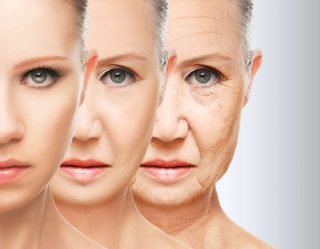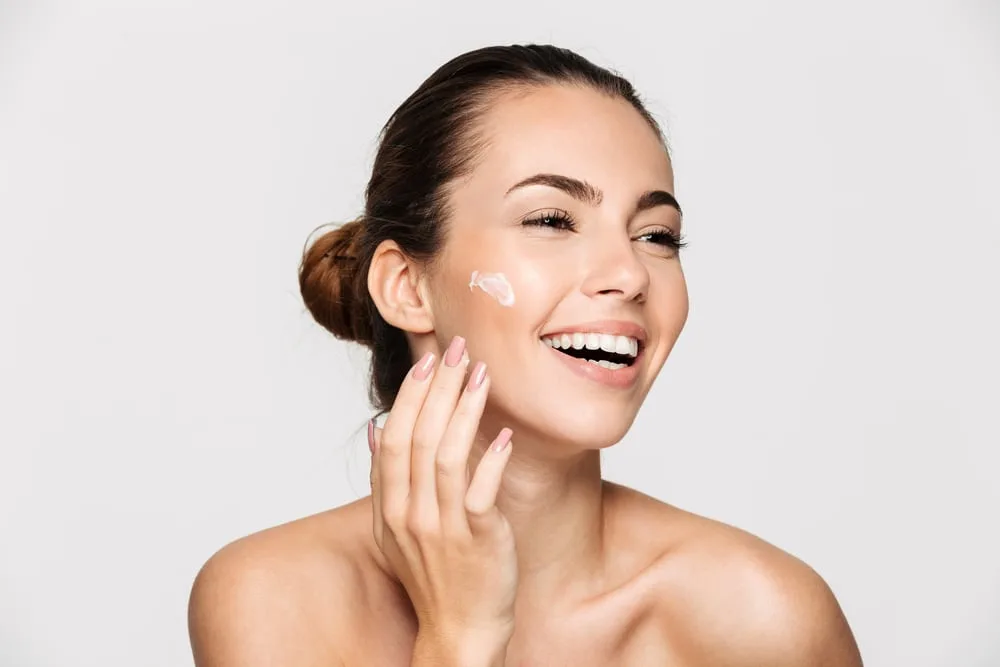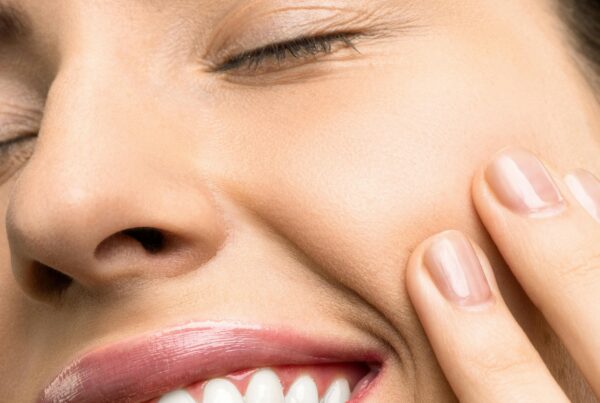The longevity of your skin and how youthful it appears could be linked to the pH levels of your skin. But what exactly is pH, and what can you do to find out if your skin’s pH levels are in need of additional help?
What is pH?
It stands for potential hydrogen and essentially refers to the level of acidity. But what on earth does acidity have to do with your skin? Well, it seems that having an understanding of the pH levels in your skin plays a major role in its overall health. When it comes to pH, it is measured on a scale. This scale ranges from 1 to 14 with the lower numbers signaling high acidity and the higher numbers signaling low acidity (alkaline).
that having an understanding of the pH levels in your skin plays a major role in its overall health. When it comes to pH, it is measured on a scale. This scale ranges from 1 to 14 with the lower numbers signaling high acidity and the higher numbers signaling low acidity (alkaline).
On the pH scale, 7 is considered neutral. But what is a healthy pH level for the skin? Surprisingly, it seems that healthy skin is more acidic. The reason behind this? Higher levels of acidity in the skin aid in fighting off harmful microbes and damaging free radicals. It is these microbes and free radicals that are responsible for speeding up the aging process.
So what should my skin’s pH be?
Your skin, according to Healthline, should be about as acidic as black coffee, which means that it should be between 4 and 6 on the pH scale. According to the Journal of Cosmetic Science, the ideal pH level for skin is just under 5. Interestingly, newborn babies have a neutral skin pH of 7 which, as they age, declines rapidly. The average adult on the other hand has a skin pH of about 5.7.

goodluz/shutterstock
It’s important to remember that the pH levels around your body will vary with commonly exposed areas such as the face, chest, and hands likely to be more alkaline. This is simply due to the exposure to the elements.
According to Healthline, other factors that might affect the pH levels of the skin include:
- Acne
- Air pollution
- Antibacterial products
- Change in seasons
- Humidity levels
- Cosmetics
- Detergents
- Soaps
- Sweat
- Tap water
- Sun exposure
- Excess sebum
- Washing the skin too frequently
How to check your skin’s pH level
Okay, so we know that, ideally, the skin’s pH should be just under 5. But how do you go about checking what your skin’s pH level is? You can’t do anything to adjust the levels until you know what you’re dealing with. There are a couple of different options when it comes to measuring the pH of your skin.
Test strips: You can now buy at-home pH test kits. Using these, it may be possible to find out your skin’s pH without the expense of a dermatologist. These usually come in the form of strips of paper that can be applied to the skin to measure the pH levels. It’s important that, should you choose this route, make sure that the kit you are buying is meant for testing the skin.
Dermatologist: This is one of the easiest and most reliable ways to check the pH of your skin. Many dermatologists offer liquid pH testing and going to a dermatologist means that you’ll be able to address any skin concerns that might come as a result of the test results.
Do pH levels matter when it comes to aging skin?
According to Jeannette Graf of the Dermatologist, the aging process tends to accelerate after the age of 40 with the signs of aging becoming more prominent. After the age of 40 therefore, Graf says that the skincare regimen should be stepped up. The decline in the production of collagen and elastin production causes the skin to become less supple and firm. Graf recommends that after 40, the skin should maintain a pH of 5.4. This is because, at that pH, the skin forms a good barrier and thus, offers the highest amount of protection.

Evgeny Atamanenko/Shutterstock
But why is this so important? Mostly because of the skin’s acid mantle. Tiffany Masterson, founder of the skincare line Drunk Elephant, explains that the acid mantle is made up of amino and lactic acids, plus sebum, also known as fatty-free acids. It is this acidic mantle which forms a barrier between the skin and the surrounding environment. As you age, the skin thins quite dramatically and is a less effective barrier. The skin needs to form a good barrier as this protects against moisture loss and environmental factors like sunlight. In order for this to happen, every single product that is used over the age of 40 should, according to Graf, be soothing and support the hydrolipidic film of the skin barrier.
What products should you use?
 Somewhat luckily, pH has become one of the latest trends in skincare. Mostly, skincare that is pH-focused is labeled as such which makes it easy for the consumer to choose appropriate products. Korean skincare is at the forefront of this trend likely because many Koreans experience sensitive skin. It is thought that this sensitivity and associated redness is likely due to the fact that pollution is so high in Korea. A Korean beauty brand (also called K-beauty) Acwell lists the pH of each product on the label.
Somewhat luckily, pH has become one of the latest trends in skincare. Mostly, skincare that is pH-focused is labeled as such which makes it easy for the consumer to choose appropriate products. Korean skincare is at the forefront of this trend likely because many Koreans experience sensitive skin. It is thought that this sensitivity and associated redness is likely due to the fact that pollution is so high in Korea. A Korean beauty brand (also called K-beauty) Acwell lists the pH of each product on the label.
Masterson believes that many of the skin-related grievances are due to pH. As such, she claims that common skincare ingredients are to blame for this disruption of the pH balance. She notes fragrances, essential oils, alcohol, and harsh cleansing agents like sodium lauryl sulfate as being problematic. If you are looking to regulate skin pH, it’s best to choose products that state pH levels on the labels.
If you want products to be more acidic than alkaline, the more alkaline they are, the more likely you are to experience irritation. However, it’s important to remember that different skin conditions call for different products. If you are struggling with acne, you’ll need to look for a more acidic cleanser. It’s likely that once your skin reaches a pH of 6, the acne will clear up. However, if you are struggling with eczema and/or psoriasis, you’ll need to look for more alkaline products.
Final thoughts
Ultimately, if you are struggling with your skin or worried that your pH levels might be less than ideal, you should visit a dermatologist. The most important thing to do is to figure out what’s wrong with the skin. Whether it’s a pH level that’s too high or too low, a dermatologist will be able to advise you best.
References
https://www.healthline.com/health/whats-so-important-about-skin-ph#p-h-scale
https://pubmed.ncbi.nlm.nih.gov/18489300/
https://www.the-dermatologist.com/content/considering-ph-factor-and-aging
https://www.everydayhealth.com/skin-beauty/skin-ph-yours-healthy-why-it-matters-how-tell/
https://www.medicaljournals.se/acta/content/abstract/10.2340/00015555-1531



![women [longevity live]](https://longevitylive.com/wp-content/uploads/2020/01/photo-of-women-walking-down-the-street-1116984-100x100.jpg)










